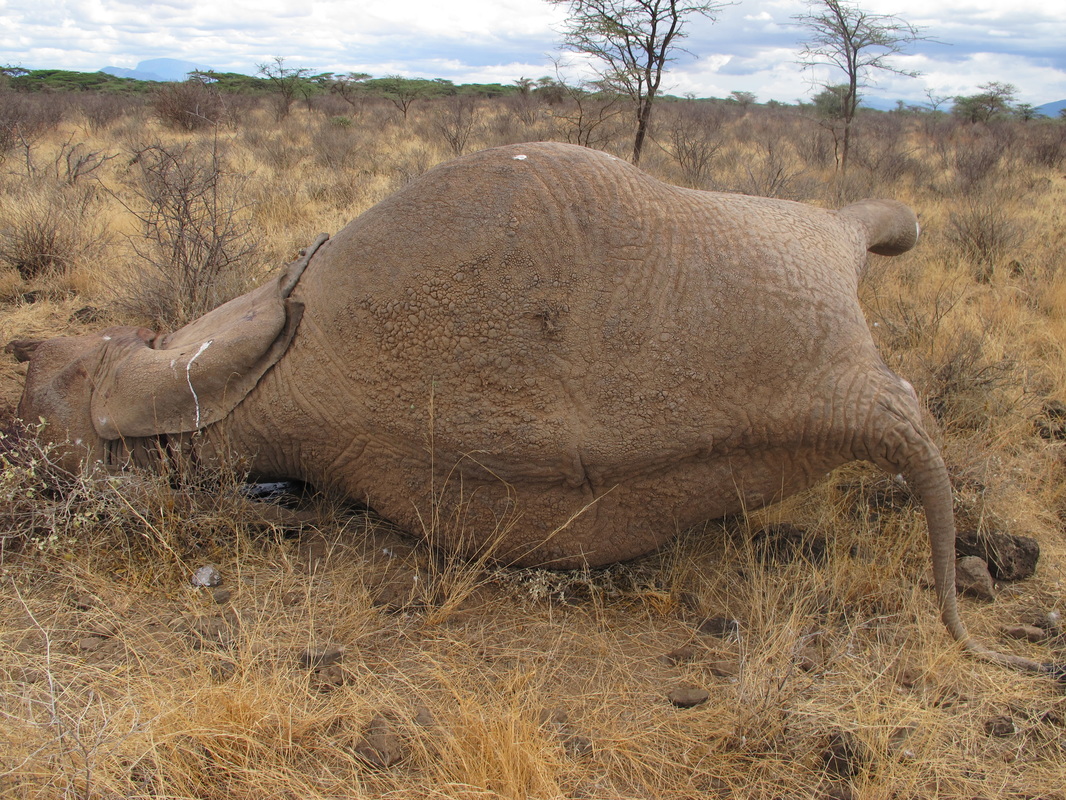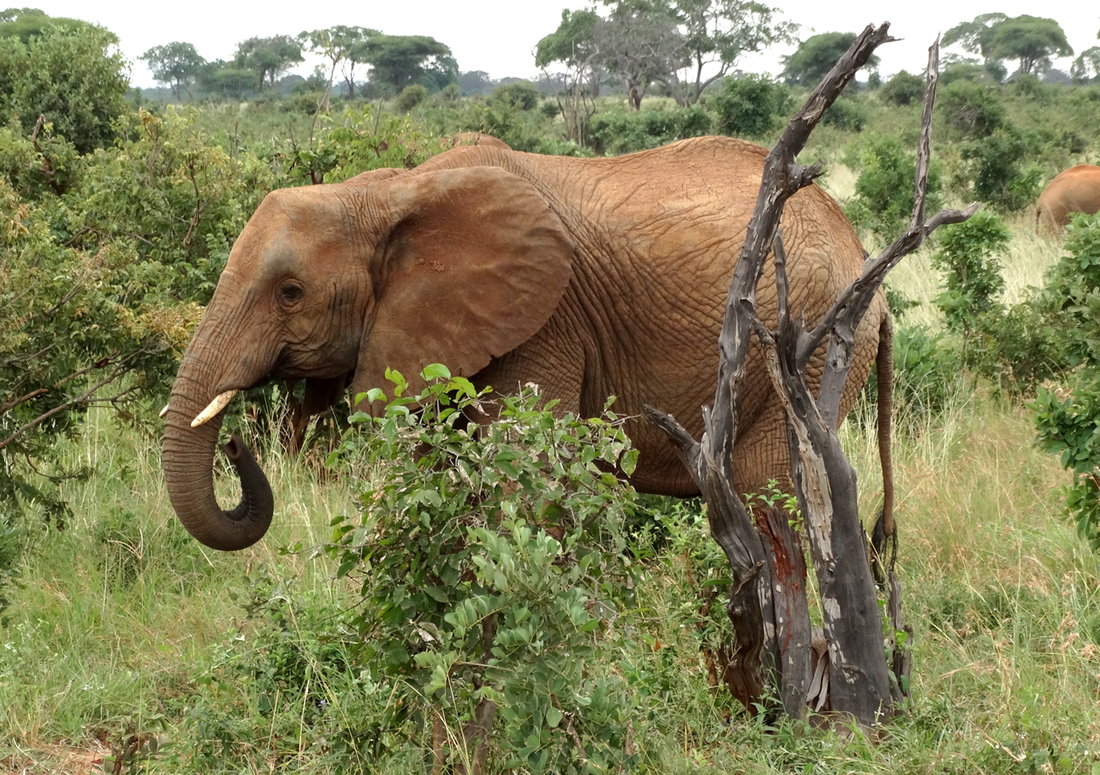|
Appalling! I am overcome with consternation, shock and dismay upon reading that the carcasses of 40 elephants, along with scores of other wild animal remains, were found to be indiscriminately poisoned by poachers using cyanide in Zimbabwe’s Hwange National Park. The murderers committed these crimes in October of this year solely for the purpose of stealing the ivory tusks. The discovery of this atrocity was made only days after scientists announced a breakthrough in cancer research related to elephants.
We’ve often heard that elephants never forget, but have only recently discovered that they almost never get cancer (Journal of American Medical Association, October, 2015). New research indicates that the gentle-giant has super cancer fighting abilities due to a genetic make-up allowing it to create a protein to suppress tumors. Over a three year period, scientists performed a variety of experiments to prove that elephants can fend off cancer. Given the vast size of our largest land mammal, having about 100 times more cells than humans and an equally lengthy lifespan of about 70 years, one might think that elephants would be more susceptible to cancer than us. However, scientists say that there are fewer than five percent cancer related deaths in elephants compared to nearly 25% in humans. Researchers say that the next step is to see if they can use what has been learned from studying the elephants and apply it to treating people with cancer. There is still a lot of research to be done and we have much to learn from the elephants. That is only one of many reasons why it is critical that we do something to stop the horrifying and daunting destruction of the animal which could one day lead to the largest discovery in the fight to cure cancer. Please do something. Join us in our efforts to raise awareness for the dire situation facing the African elephants and help us promote conservation of this threatened species. Care. Share. Give! www.tidefortusks.org #tidefortusks
1 Comment
Randy Mecredy
November 30, 2015 There are two countries that can help stop the disappearance of elephants from the wild – the US and China. However, the National Rifle Association would rather turn a blind eye toward elephant conservation than see a restriction placed on the number of trophies that can be imported into the US by their members. An alarming increase in demand for ivory is driving the elephants toward extinction and the US is the second largest market for importing ivory goods (made in China). Imposing limits on trophy imports, or better yet an outright ban on any ivory, is a great first step toward improving conservation efforts to restore the dwindling population of the African elephant. Tightening controls helps to close loopholes and avenues that are being exploited by traffickers and terrorist groups that fund their efforts with money from the ivory trade. It also provides clearer guidelines for the US Fish and Wildlife Service to use to curtail the efforts of those who are illegally smuggling ivory into the US. Poachers have ties to organized crime and violent groups who cross international boarders to slaughter elephants for their tusks. They are typically better armed than the park rangers and quite often the standoffs result in a desperate fight for survival for the men charged with protecting the wildlife. As is evident from the recent October dragnet operation in the Congo Garamba National Park resulting in the deaths of three rangers and a Congolese colonel. I hold a firm belief that improved conservation efforts will help promote economic growth in Africa, especially in countries that rely on wildlife tourism, and fight the people intent on terrorizing communities and destroying governments. Establishing a US policy to ban the import of ivory is an example of how protecting wildlife can be tied directly to concerns about improving the economy, address corruption within governments, and our own national security issues. As a proponent of game hunting and wildlife conservation, I am disturbed by the efforts spearheaded by the National Rifle Association to block or water down any action to help protect the African elephants. If the NRA really wants to do something to improve conservation, then perhaps they should give upgraded firearms to the national park rangers who are protecting the wildlife from poachers. |
AuthorRandy Mecredy is the cofounder and CEO of Tide for Tusks. Archives
April 2016
Categories |



 RSS Feed
RSS Feed
